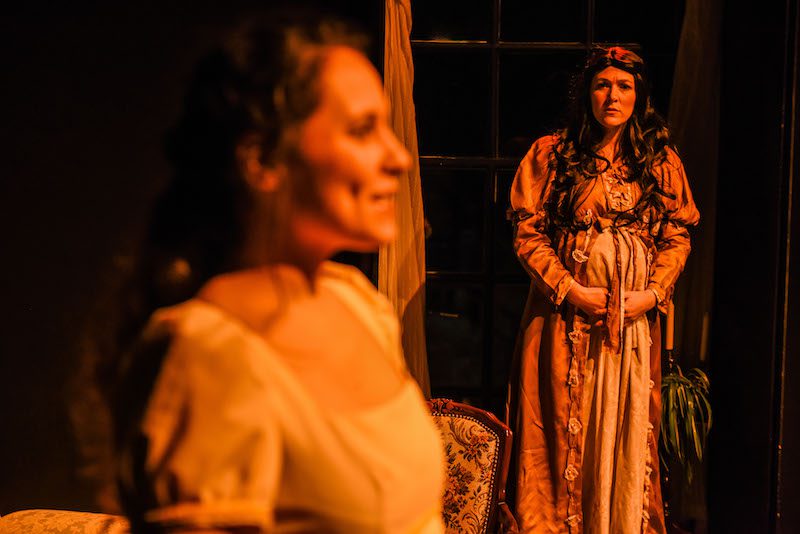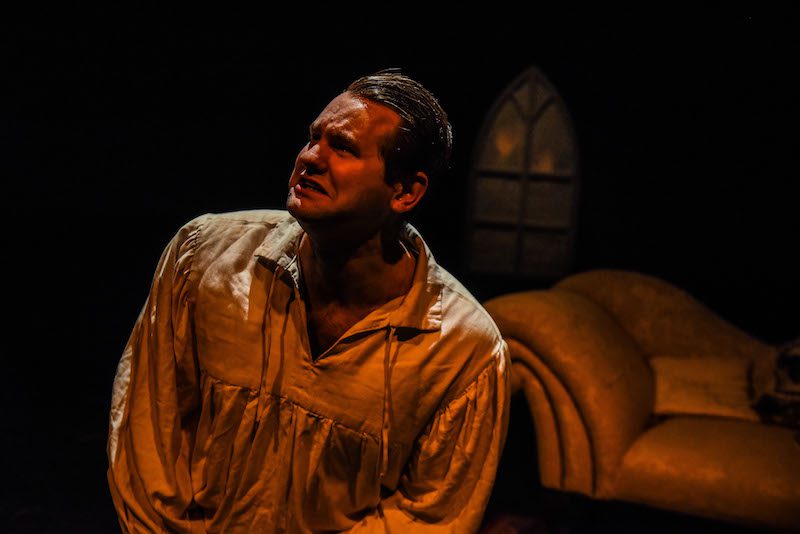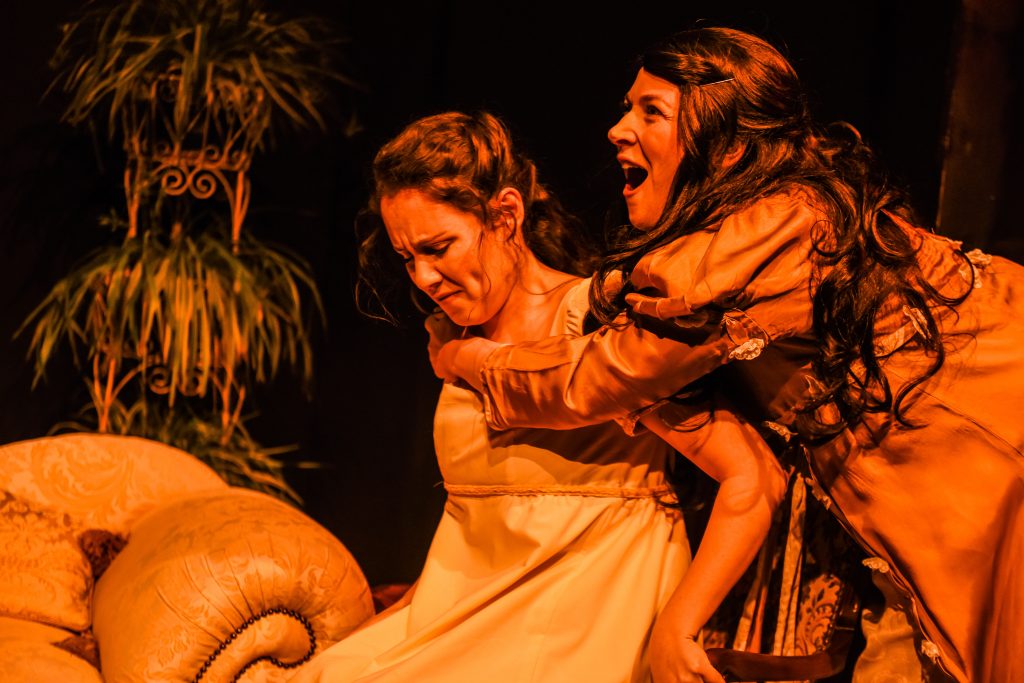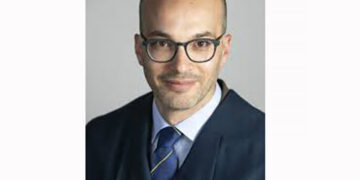Cathy Earnshaw and adoptive brother Heathcliff battle class differences, the lure of the wealthy Lintons, and each other in The Studio Theatre Company’s depiction of a doomed gothic romance set in Wuthering Heights (running 4th– 7thMarch at South Hill Park).
In recent years, Johnny Depp’s public image has evolved from being a version of Keith Richards you’d happily introduce to your Mum, to – in the words of his ex-wife Amber Heard – a verbally and physically abusive monster.
A similar metamorphosis has been experienced by Heathcliff over the years, as he has evolved from the archetypal Byronic Hero to a symbol of everything that is now unacceptable in gender politics – the archetypal abusive, unkind and manipulative man.
But in Johnny Depp’s case, popular opinion has tended to overlook his counter allegations that Amber Heard was the abusive party – with a joint statement conceding only that their marriage was “intensely passionate and at times volatile, but always bounded by love”.
Does this production of “Wuthering Heights” present a Heathcliff and Cathy that aligns with these modern ambiguities?
And how does an epic, windswept gothic tale translate to the close and intimate confines of a 50-seater theatre?

The answer is “pretty well”, with director Sophie Pierce opting for a set design that is suggestive rather than literal. Small drifts of straw and a few tools next to a fine writing cabinet suggest the titular Heights’ combination of decaying finery and rural industry, while a few choice pieces of furniture across the stage give an impression of the comparative grandeur of The Grange and its inhabitant the Lintons – as in (fictional) life not physically far away from the Earnshaw’s abode, but infinitely distant in terms of social mobility.
Sensitive lighting and sound choices courtesy of designer Matt Edwards help to transport the audience into the world of the play, with the desolate wind on the moors echoing across the stage when windows and doors are opened, and oppressive, hot lighting underscoring the confinement and tempers of the characters. It’s difficult to pull off epic theatre in a confined space, but the producers do a damn good job of it – if you’re willing to let your imagination (cued by these atmospheric prompts) carry you away.
But can community theatre deliver convincing portrayals of such iconic, ageless characters?

Curiously, Heathcliff and Cathy don’t actually command the bulk of the stage time. In Charles Vance’s adaptation of Emily Bronte’s novel, the “lead” roles are arguably delivered by Heathcliff’s new tenant Mr Lockwood (Gordon Coe) and his housekeeper – and former maid to Cathy – Ellen Dean (Clare Bray).
Following a disturbing visit to Wuthering Heights in its later years, Lockwood returns to his rented home of The Grange and implores Ellen to explain aging landlord Heathcliff’s disturbing behavior. In their subsequent conversation, the familiar story unfolds; and the audience is in capable hands with both actors. Coe becomes a sort of MR James figure, skillfully and atmospherically navigating the audience through a hellish ghost story for Christmas. Bray meanwhile is an exquisite narrator who flits effortlessly from narrating history in the “present day” to acting it out in the “past”, her body and voice conveying affection and pain for the doomed Cathy (Gemma Burgess) and Heathcliff (Lewis Richardson).

And when these iconic characters do appear, they do not disappoint. Richardson’s imposing stature and immoveable, almost monolithic presence stand in stark contrast to the nervous darting movements of his household; one has the sense that, having witnessed his violent outbursts, his stillness and kindness is just as frightening for they are simply waiting for him to explode again. But does that prevent us finding sympathy for him and the abuse he suffered at the hands of Hindley Earnshaw (a complex and mesmerizing Luke Burton)?
However it is Burgess’s Cathy who presents the revelation here. There are no scenes in which her burgeoning, happy relationship with Heathcliff are shown, you see; we join her when she is debating between a life with the man who is “more myself than I am”, and the rich Edgar Linton (Robert Howard France) who can offer her a future. And so we witness a manipulative and aggressive portrayal; one of the scariest scenes in the play (and there are many) involves her verbally and physically intimidating Edgar before collapsing in tears as he moves to walk away, luring him back to her. And she is no less manipulative of the other members of her household.

Does this justify the subsequent abuses Heathcliff pours on her and the other characters? Is his character, if not rehabilitated, then perhaps contextualized, in light of her actions?
I will leave you to decide…
Head over to https://www.southhillpark.org.uk/whats-on/shows-events/ for tickets, and judge for yourself whether this convincingly passionate and volatile relationship could fairly be described as “bounded by love”.
















































